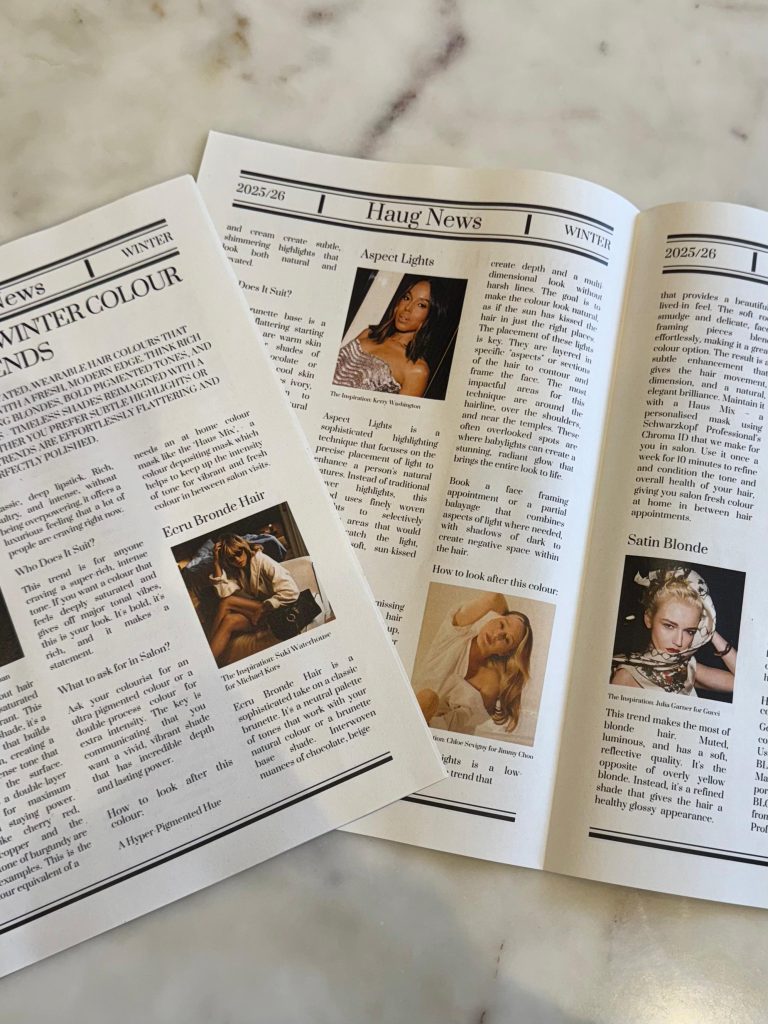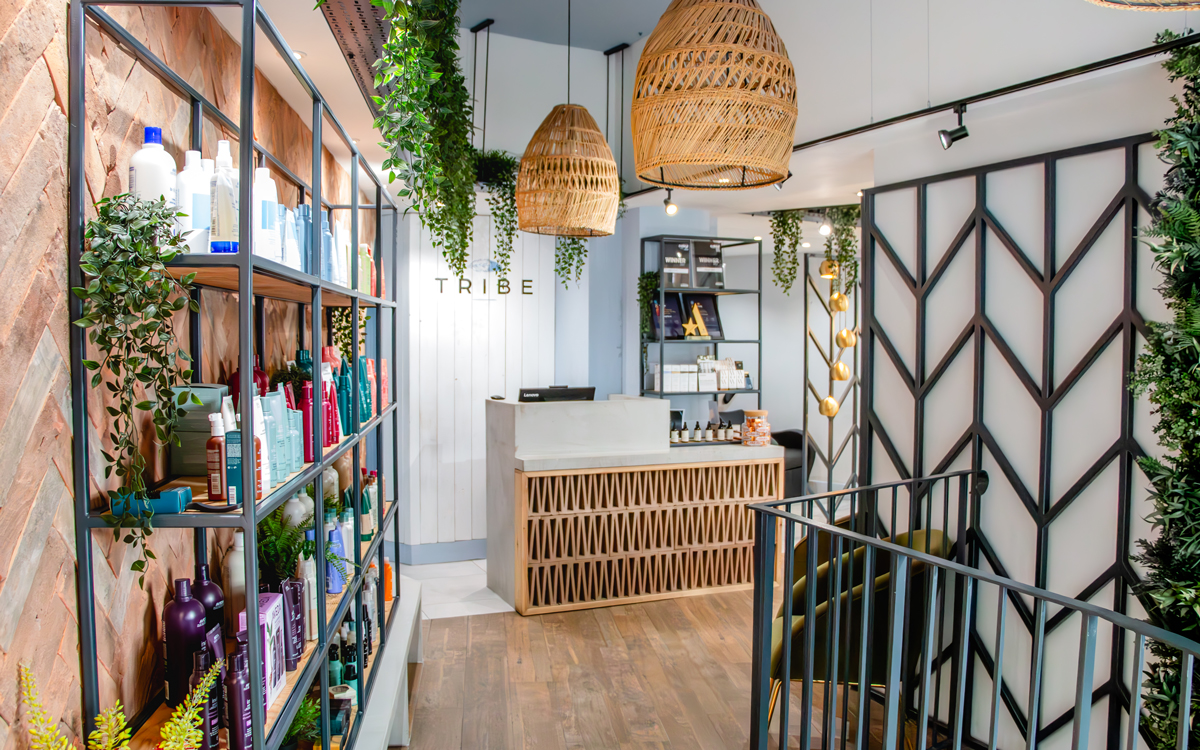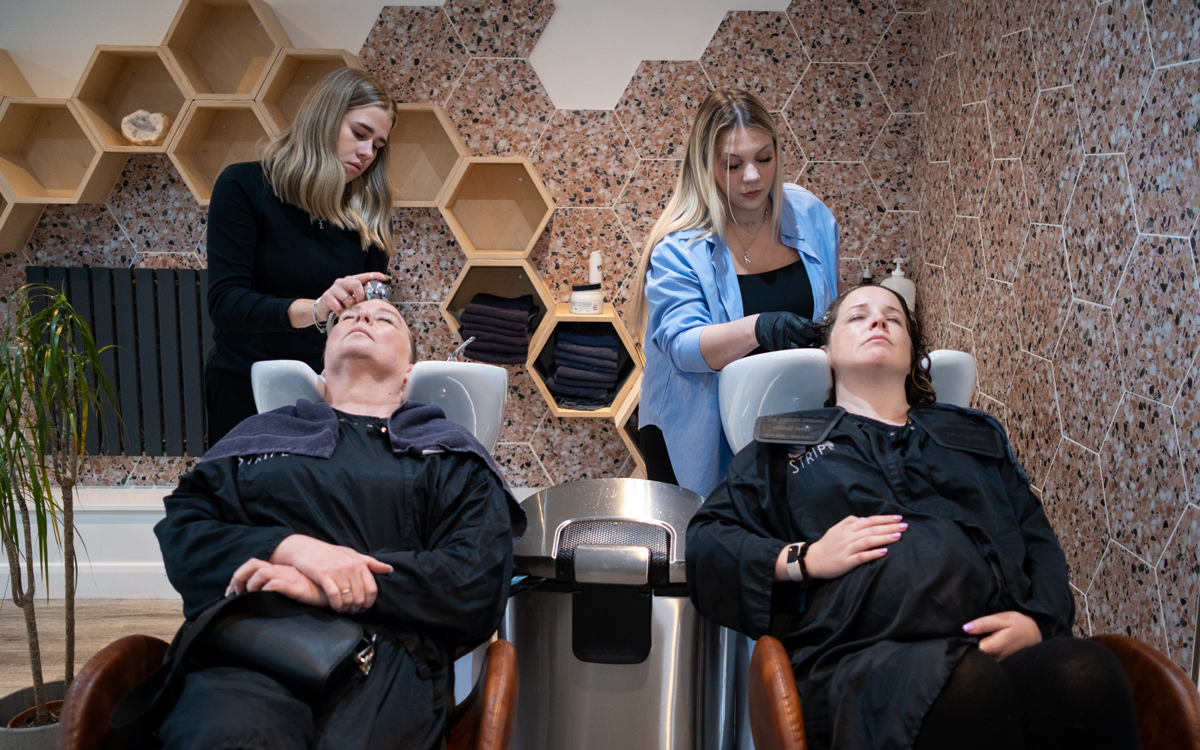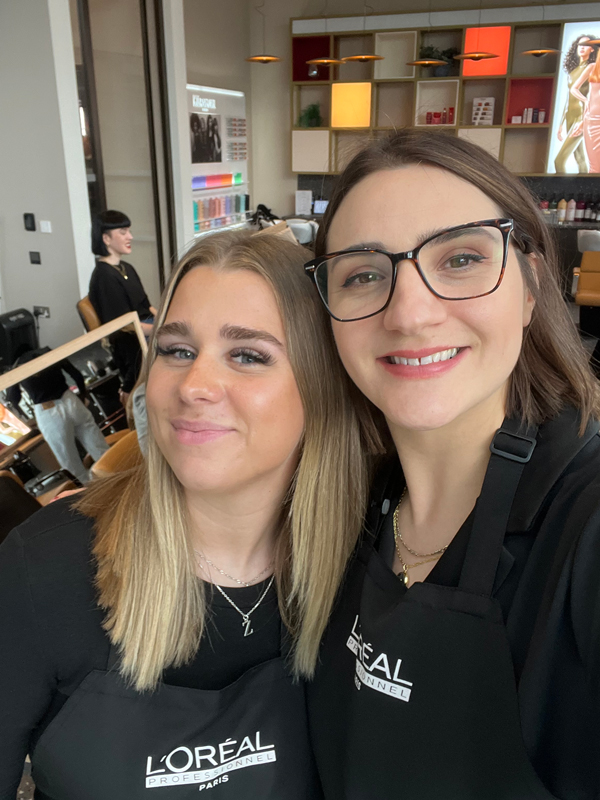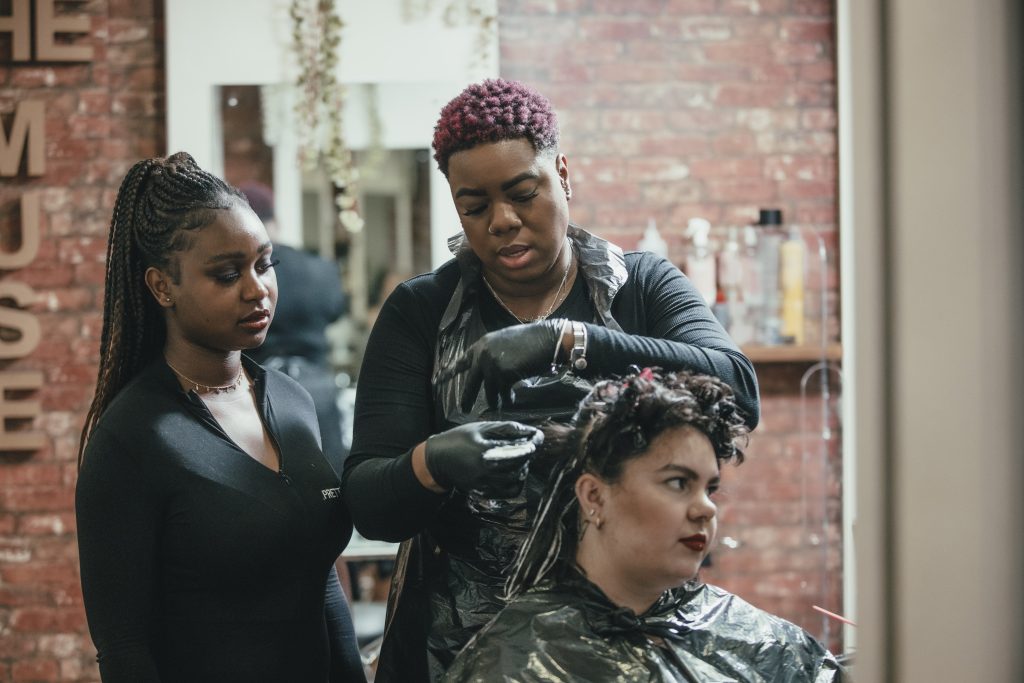
“We Know We Can Rely On Our Future Workforce”
“We Know We Can Rely On Our Future Workforce”
Why Hooker & Young have always invested in apprentices
by C | DOCUMENTS

“We Have Always Invested In Apprentices” – Michael Young, Co-Owner, Hooker & Young, Newcastle-Upon-Tyne

Michael Young
“The Hooker & Young group consists of four very busy salons located across the North-East, and I’m proud to say that apart from a couple of exceptions, every single one of our 55 stylists started as an apprentice with us.
“We have always invested in apprentices to assist our stylists, right from when we opened our first salon 30 years ago. Over those three decades, our apprenticeship programme has built real momentum within the business because we know we can rely on our future workforce. What’s more, it means that every single apprentice who goes on to the salon floor understands the Hooker & Young ethos and what is required of them. That is so valuable.
“Hooker & Young is about luxury hairdressing, and we charge prices to match. Our clientele is well-heeled, very demanding and expects a five-star experience, like they get in the restaurants they frequent. They notice the details.
“Just like in those restaurants, where you’ll often have one waiter for every table, we have an assistant supporting every stylist. That’s crucial, because it allows a stylist to move easily between multiple clients, knowing that each client is being well looked after by the assistant in between.
If it wasn’t for the assistants, the stylist would need to stay with the same client for the duration of their appointment, and that is obviously very limiting.
“Assistants not only allow us to deliver the levels of service we want, they are a crucial part of the process that brings extra revenue into the business. Thanks to our assistants we never have to turn clients away and that means our salons continue to grow. The way we look at it, our apprentices and assistants are as important as anyone on the salon floor.”
“The Salon Is Where I Do All My Learning” – Amelia Richardson, Apprentice, Hooker & Young, Newcastle-Upon-Tyne
“When I left school I already knew I wanted to be a hairdresser, but I was pushed into doing A-Levels at Sixth Form College. I left after a few months because it wasn’t for me. I really did want to do hairdressing!
“I chose to do an apprenticeship because I like to be in the workplace. Hooker & Young responded to my CV, and after an initial taster session in their Jesmond salon, I showed up for my first day at work as their first new starter in eight months.
“I was very nervous, but because everyone in the team had started out as an apprentice themselves, they knew exactly what they had to show me so I could do my job. By the end of the day I knew where things were kept, how to clean down a styling station, how the salon dynamic worked. I felt so happy. I knew I’d made the right decision.
“Although I spend a day in college every two weeks, the salon is where I do all my learning. You learn from observing the stylists you work with, as well as other apprentices – it’s incredible how a salon works. I love being part of a team, there’s always someone you can talk to, no matter what it is you want to talk about. I look forward to going to work, to see my co-workers.
“It’s absolutely possible to live on the apprenticeship wage (currently £6.40 per hour). I work 41 hours per week and over the last two years I’ve been able to pay my board, buy a car, get my phone, eat out a couple of times a week and have a decent holiday. The trick is to budget properly – my mum has taught me that.
“I’m 18 years old and coming to the end of my apprenticeship. In June I’ll be doing my End Point Assessment, which is where an external assessor comes and observes me essentially run my own column for a day. I’m nervous, but I know it’s something everyone in the salon has been through themselves.
“I see myself spending the next 10 years at least at Hooker & Young. Of course, I dream of owning my own salon one day, but I have seen how people can grow here and how much support they are given – it’s exciting and reassuring all at the same time. I am so glad I chose hairdressing as my career and I am very happy I got to do my apprenticeship at such a great salon.”




